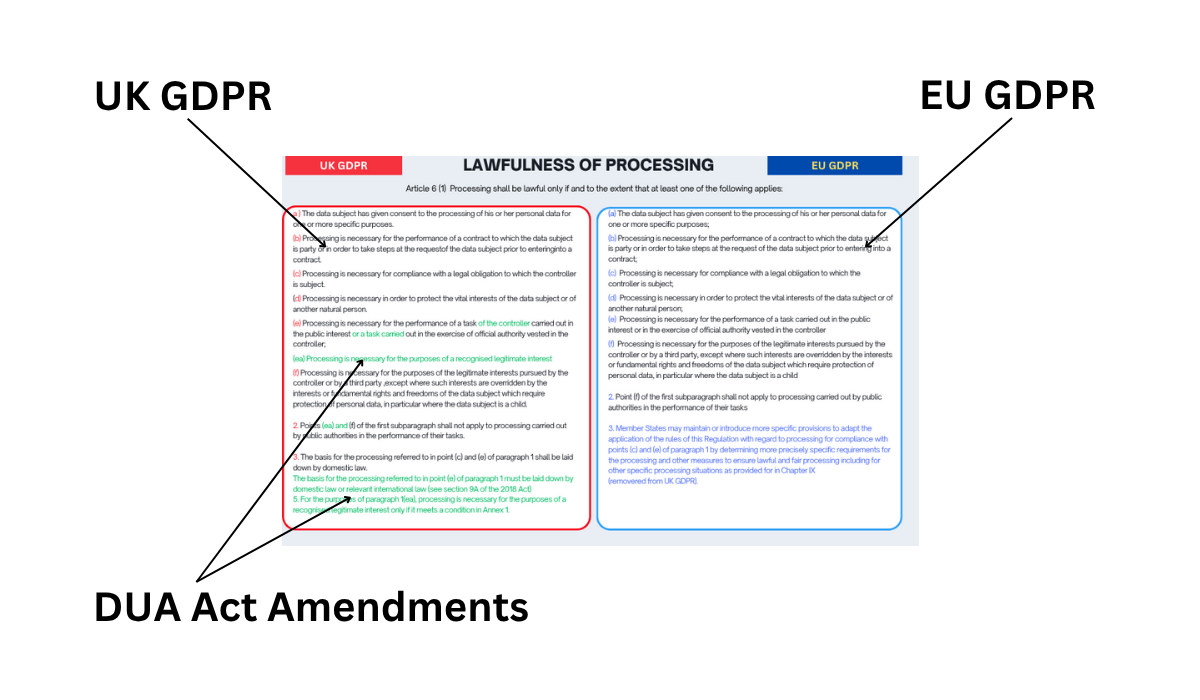Course Features

Course Overview
First launched in 1999, the BCS (formerly ISEB) Practitioner Certificate in Data Protection is the leading independent professional workplace qualification for individuals with privacy or data protection responsibilities. Over the years, the BCS has continued to evolve the practitioner certificate to keep pace with the advances in UK and EU legislation. In doing so, the BCS Practitioner Certificate has become one of the most trusted data protection training programmes in the UK and is frequently listed by employers as a required qualification.
The BCS DP practitioner certificate requires participants to develop a deep understanding of both UK and EU data protection laws and how to apply them in a workplace environment. Rather than focus on the strict interpretation of the law, this BCS-accredited data protection course places privacy in the context of human rights and promotes good practice within organisations.
The practitioner certificate examines all 10 chapters, 99 articles and 173 recitals of the UK General Data Protection Regulation (GDPR) (specifically those that remain relevant after being transposed into UK Law). It concentrates on the complex interactions between the GDPR and the Data Protection Act 2018, including its derogations and exemptions, along with the Privacy and Electronic Communications Regulations (PECR).
The BCS Practitioner Certificate in Data Protection recognises the ability of award holders to fulfil the mandatory role of a Data Protection Officer (DPO) or to lead UK GDPR compliance within their organisation, department or group.
This BCS-accredited GDPR training course follows the latest BCS Syllabus (v9.8) from February 2025, which takes into account the legislative changes following the end of the transition period on 31 December 2020, when the UK formally ceased to be a member state of the EU, and also considers the changes introduced by the Data (Use and Access) Act 2025 (DUA Act). It also examines the concepts of artificial intelligence and the overlap with information access laws.
Participants will also receive a separate 1-day online revision course to help prepare for the BCS exam.
The course is delivered online, although onsite and online in-company options are also available. Delegates can gain a recognised practitioner-level workplace qualification at home or from their desk by attending ten consecutive 3.5-hour live online sessions across two weeks.
Note: the next official BCS syllabus update for the DP Practitioner Certificate is scheduled for release on 2 February 2026. This update will incorporate the changes introduced by the Data (Use and Access) Act 2025. As Freevacy develops course materials for BCS-accredited professional certifications in-house, we have already incorporated these changes into our courseware. This ensures that attendees receive the most current and accurate information.
































